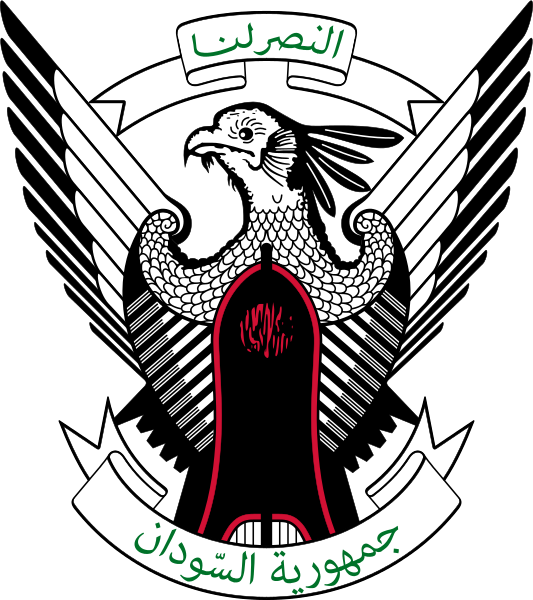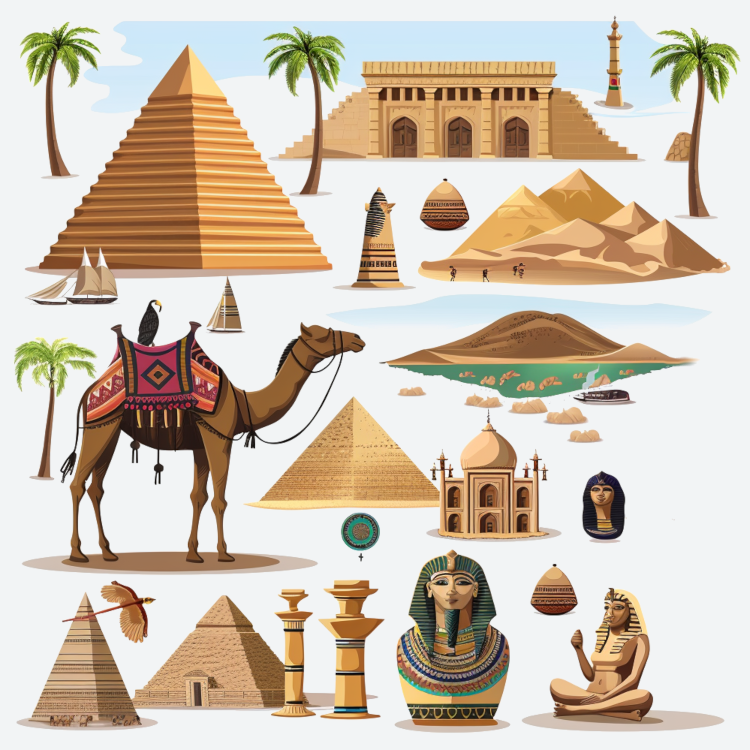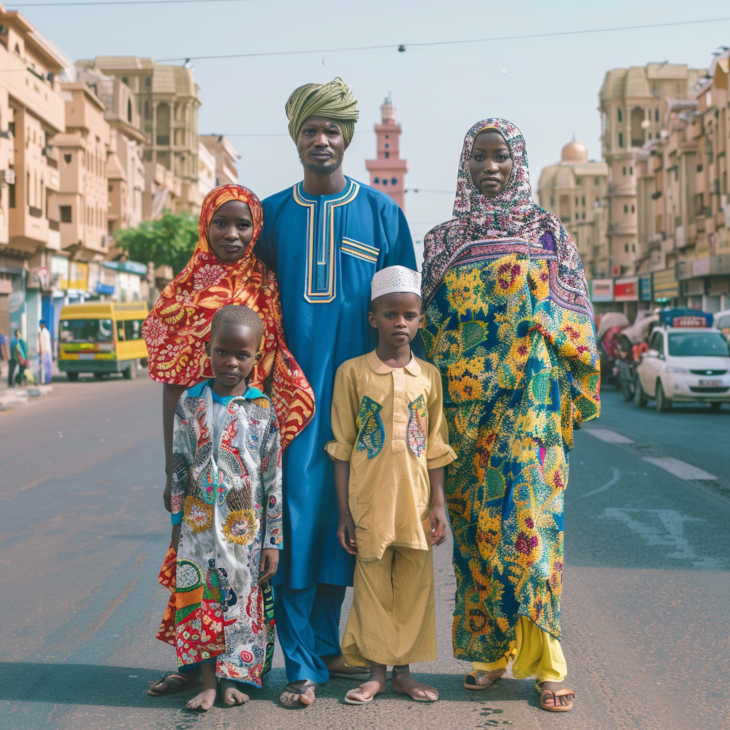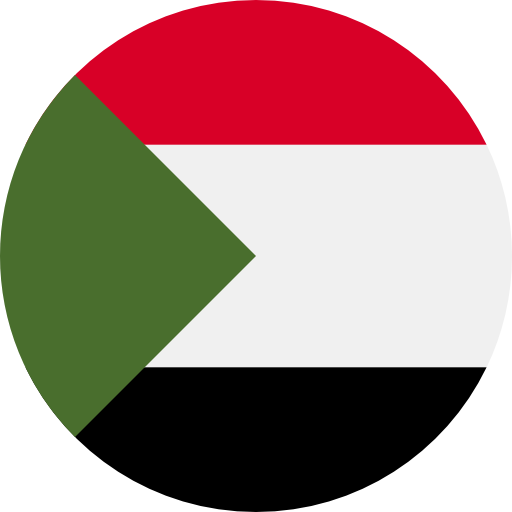About SD

Location
Sudan is a country located in northeastern Africa, bordered by Egypt to the north, the Red Sea to the northeast, Eritrea, and Ethiopia to the east, South Sudan to the south, the Central African Republic to the southwest, Chad to the west, and Libya to the northwest.
Capital
The capital city of Sudan is Khartoum.
Population
As of the latest estimates, Sudan has a population of approximately 45 million people, making it one of the most populous countries in Africa.
Area
Sudan is the third largest country in Africa by land area, covering approximately 1.88 million square kilometers (728,000 square miles).
Official Language
Arabic is the official language of Sudan. English is also widely used in government and education.
Government
Sudan is a federal republic with a transitional government structure. The country is undergoing a transition following the ousting of President Omar al-Bashir in April 2019, after which a transitional government was formed consisting of civilian and military representatives.
Independence
Sudan gained independence from joint British-Egyptian rule on January 1, 1956.
Currency
The currency of Sudan is the Sudanese pound (SDG).
Economy
Sudan's economy is primarily based on agriculture, with the Nile River and its tributaries supporting irrigated agriculture in the Nile Valley and the eastern region. Sudan is also rich in natural resources, including oil, minerals, and arable land. However, the economy faces challenges such as economic sanctions, political instability, and conflicts.
Natural Features
Sudan has a diverse landscape, including deserts, savannas, mountains, and the Nile River, which flows through the country from south to north. The Nile Valley and the Red Sea Hills are significant geographical features.
Culture
Sudan is home to a rich cultural heritage influenced by various ethnic groups and traditions. The culture is characterized by its Arab, African, and Islamic heritage. Traditional music, dance, and cuisine vary across different regions of the country.
Religion
Islam is the dominant religion in Sudan, with the majority of the population adhering to Sunni Islam. There are also Christian and indigenous African religious communities in the country.
Infrastructure
Sudan's infrastructure is generally underdeveloped, particularly in rural areas. The country faces challenges such as inadequate transportation networks, healthcare facilities, and access to clean water and sanitation.
International Relations
Sudan is a member of the United Nations and the African Union, among other international organizations. The country has historically faced challenges in its relations with neighboring countries and the international community due to conflicts, human rights issues, and sanctions.
Challenges
Sudan faces various challenges, including political instability, internal conflicts, economic hardship, poverty, and social issues such as gender inequality and access to basic services. Efforts are underway to address these challenges through political reforms, peacebuilding initiatives, and economic development programs.

National Items of Sudan
Nile River
The Nile River, particularly the confluence of the Blue Nile and White Nile in Khartoum, is a vital lifeline for Sudan. It symbolizes natural resources, sustenance, and historical significance.
Pyramids of Meroë
The pyramids of Meroë are ancient structures built by the Kingdom of Kush. They symbolize Sudan's rich historical heritage and the legacy of ancient civilizations.
Baobab Tree
The baobab tree is commonly found in Sudan and symbolizes resilience, longevity, and the natural beauty of the landscape.
Jebena Coffee Pot
The Jebena is a traditional pot used to brew coffee in Sudan. It symbolizes cultural heritage, hospitality, and social customs.
Sudanese Thobe
The Sudanese thobe is a traditional garment worn by Sudanese women. It symbolizes cultural identity, heritage, and traditional fashion.
Kisra
Kisra is a traditional Sudanese flatbread made from fermented sorghum. It symbolizes agricultural heritage, sustenance, and culinary traditions.
Desert
The vast deserts of Sudan, including the Nubian Desert, symbolize the natural beauty, harsh environment, and traditional nomadic lifestyle.
Mahdi's Tomb
The tomb of Muhammad Ahmad, who declared himself the Mahdi in the 19th century, symbolizes historical significance, religious heritage, and national pride.
Sudanese Henna
Henna is used in traditional Sudanese ceremonies and body art. It symbolizes cultural heritage, artistic expression, and social customs.
Camel
Camels are integral to Sudanese culture and economy, symbolizing traditional nomadic lifestyle, wealth, and sustenance.
Gum Arabic
Sudan is one of the world's largest producers of gum Arabic, a natural gum made from the sap of acacia trees. It symbolizes economic significance, agricultural heritage, and traditional practices.
Sudanese Oud
The oud is a traditional stringed musical instrument used in Sudan. It symbolizes rich musical heritage, cultural expression, and artistic traditions.
Whirling Dervishes
The whirling dervishes in Omdurman, part of a Sufi tradition, symbolize religious heritage, spiritual practices, and cultural identity.
Nuba Mountains
The Nuba Mountains are home to diverse ethnic groups and symbolize cultural diversity, natural beauty, and resilience.
Sufi Shrines
Sufi shrines in Sudan symbolize religious heritage, spiritual practices, and cultural traditions.
Dura (Sorghum)
Dura, or sorghum, is a staple crop in Sudan. It symbolizes agricultural heritage, sustenance, and traditional farming practices.
Sudanese Dance
Traditional Sudanese dances, often performed during celebrations, symbolize rich cultural heritage, artistic expression, and social traditions.
Red Sea Coast
The Red Sea coast of Sudan symbolizes natural beauty, biodiversity, and maritime heritage.
Toub (Cloth)
The Toub is a traditional cloth worn by Sudanese men and women, symbolizing cultural heritage, traditional fashion, and identity.

The national anthem of Sudan is called "Nahnu Jund Allah Jund Al-watan" (نحن جند الله جند الوطن), which translates to "We are the Soldiers of God, the Soldiers of the Homeland" in English. Here are the lyrics in Arabic along with an English translation:
نحن جند الله جند الوطن إن دعا الدين للعلى نحن السد والماء والجبل نحن الثورة والعهد الجديد
نحن العزم الثابت والصفا سنحيي الإسلام دينا والعرب دمت حرية مطهرة عاشت لك السودان الجديد
We are the soldiers of God, the soldiers of the homeland If religion calls for elevation We are the dam, the water, and the mountain We are the revolution and the new covenant
We are the steadfast determination and loyalty We will revive Islam as a religion and the Arab May you remain purified freedom Long live the new Sudan


